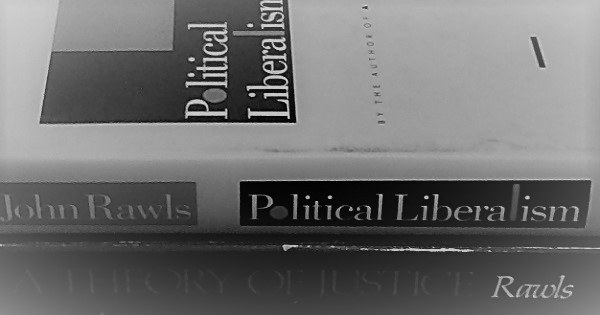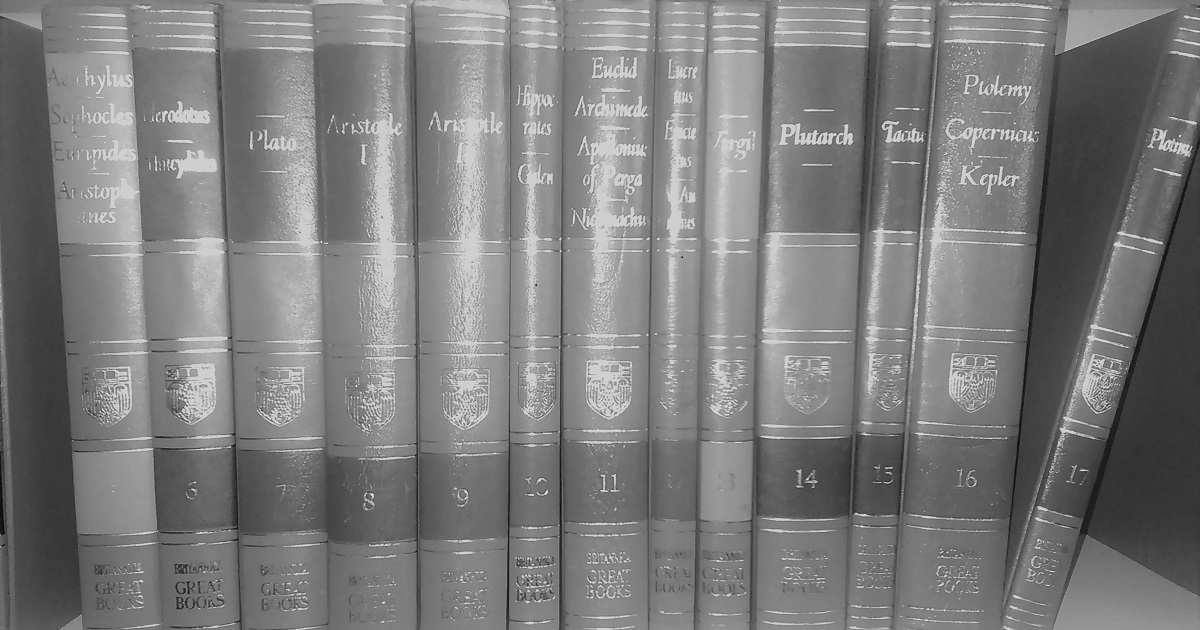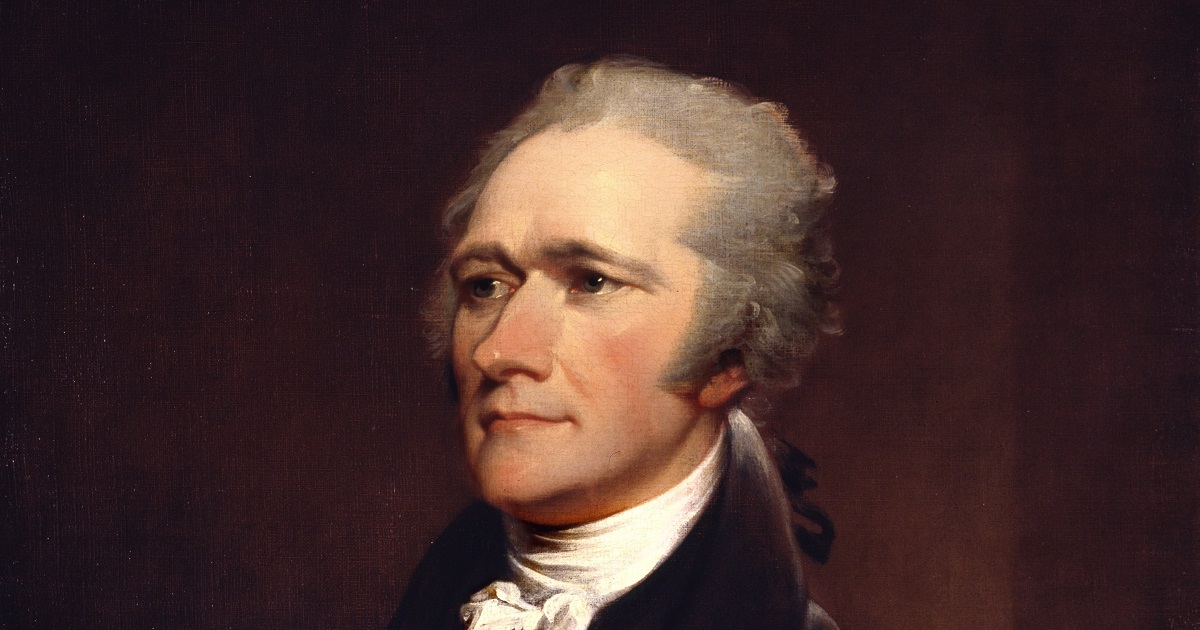The late Harvard philosopher, John Rawls, wrote one of the most influential works in 20th century political thought — his 1971 book, A Theory of Justice. Twenty-two years later, he updated some of his ideas from A Theory of Justice with in Political Liberalism. In both of those works, Rawls seeks to lay out a comprehensive philosophical framework for an egalitarian / social justice conception of liberalism. As part of that, he covers the twin concepts of rationality and what it means to be reasonable.
Continue reading “Be Reasonable: Thoughts from John Rawls”Tag: Civil Discourse
Liberal Education: Essential for Our Society
Continue reading “Liberal Education: Essential for Our Society”The tradition of the West is embodied in the Great Conversation that began in the dawn of history and that continues to the present day. Whatever the merits of other civilizations in other respects, no civilization is like that of the West in this respect. No other civilization can claim that its defining characteristic is a dialogue of this sort. . . . The spirit of Western civilization is the spirit of inquiry. Its dominant element is the Logos. Nothing is to remain undiscussed. Everybody is to speak his mind. No proposition is to be left unexamined. The exchange of ideas is held to be the path to the realization of the potentialities of the race.
Political Discourse: Thoughts from Alexander Hamilton
In Federalist No. 1, Alexander Hamilton explains how we should be talking about important public matters. How do we deal with disagreement? How should we deal with disagreement? What does it take to have civil political discourse?
Continue reading “Political Discourse: Thoughts from Alexander Hamilton”

